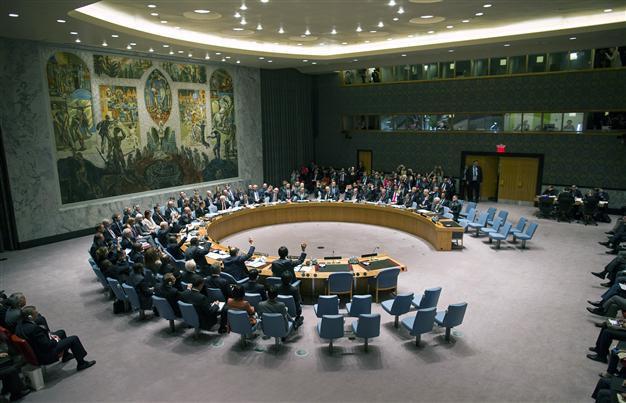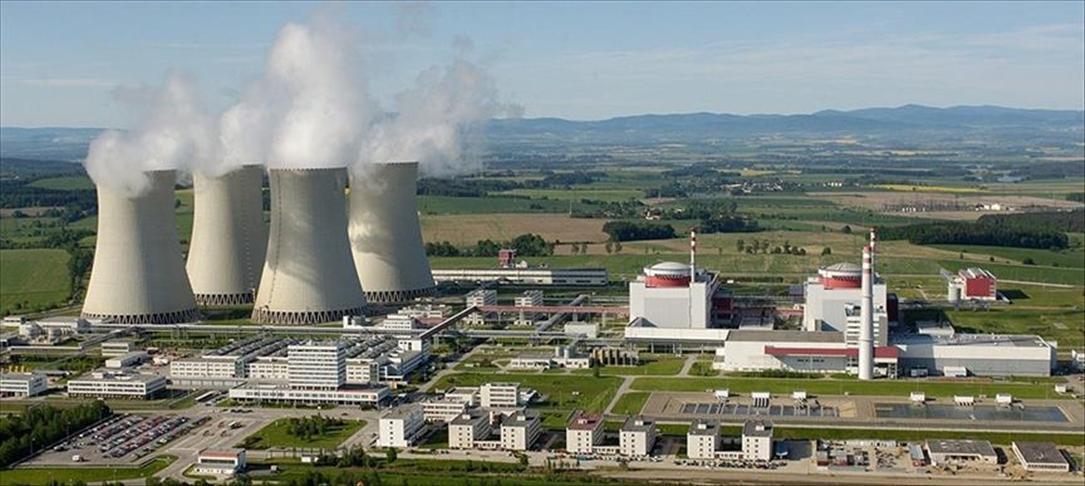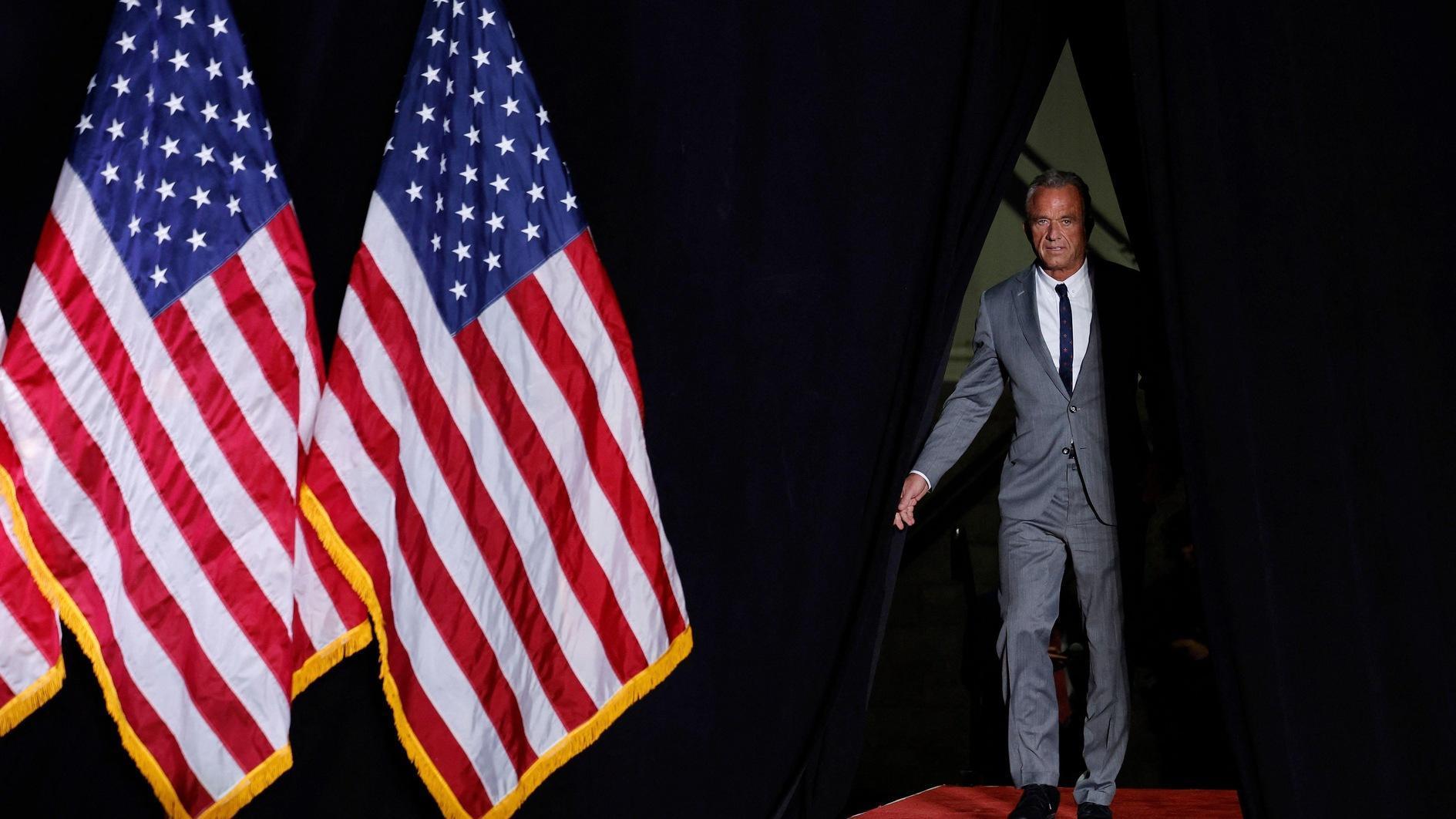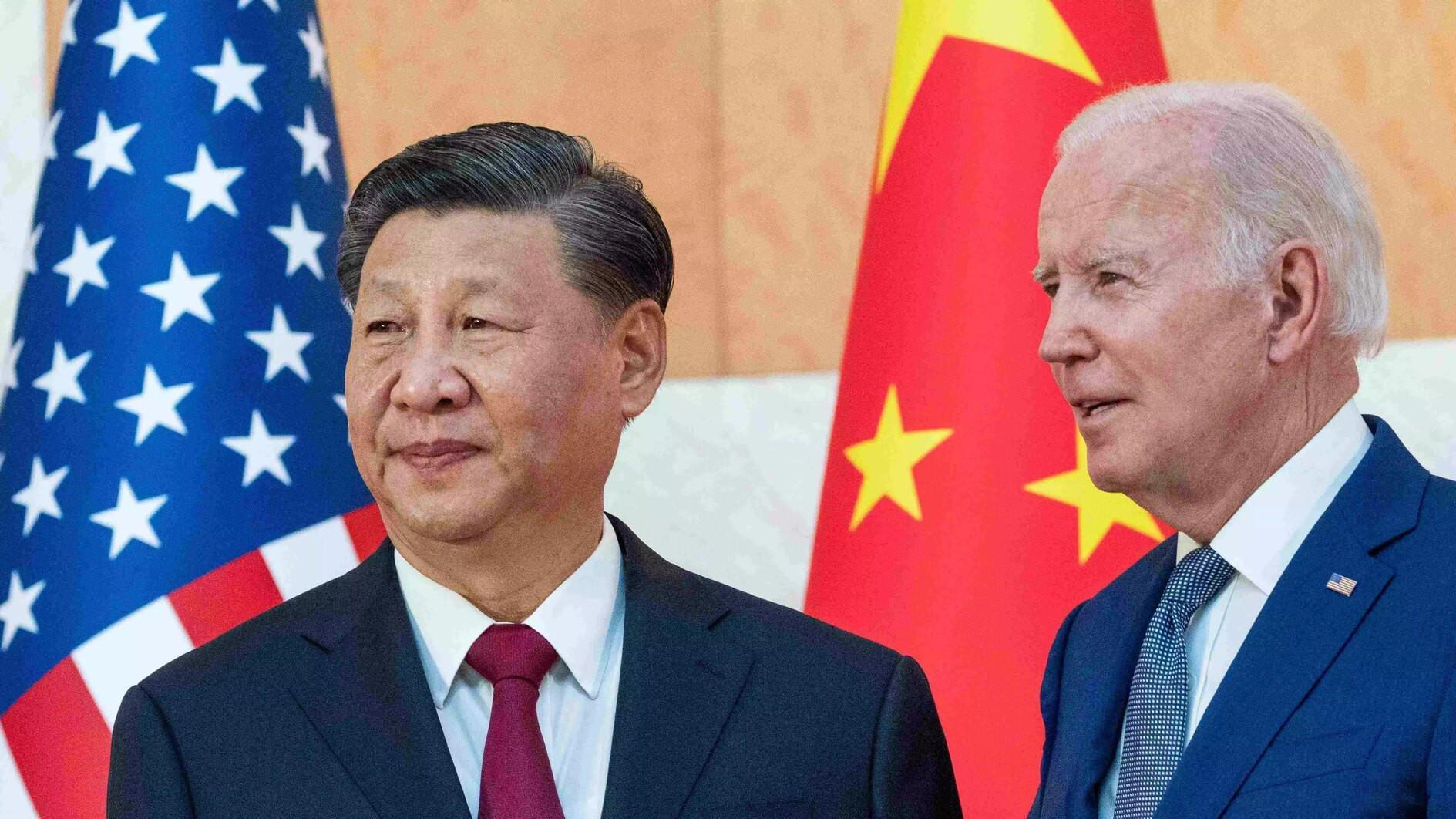Saudi Arabia's withdrawal stuns UN Security Council, slammed by Russia
UNITED NATIONS - Agence France-Presse

Saudi Arabia has rejected its seat on the U.N. Security Council and said the 15-member body is incapable of resolving world conflicts. The move came just hours after the kingdom was elected as one of the Council's 10 non-permanent members. AP photo
Saudi Arabia's rejection of a U.N. Security Council seat Oct. 18, accusing the body of "double standards" over the Syria war, has sparked disarray among U.N. diplomats, drawing a strong reaction from Russia.The Russian foreign ministry sharply criticized Saudi Arabia's "strange" argument on the council's record on Syria. Russia and Saudi Arabia have a traditionally testy relationship made worse by the Russia's support for Syria's President Bashar al-Assad while Saudi Arabia is a major backer of opposition rebels.
"We are surprised by Saudi Arabia's unprecedented decision," said a Russian foreign ministry statement.
"In this way, Saudi Arabia has excluded itself from collective work within the Security Council to support international peace and security. The kingdom's arguments arouse bewilderment, and the criticism of the UN Security Council in the context of the Syrian conflict is particularly strange."
However, France said several countries share Saudi Arabia's frustration.
"We think that Saudi Arabia would have brought a very positive contribution to the Security Council, but we do also understand the frustration of Saudi Arabia," France's U.N. ambassador Gerard Araud told reporters.
"The fact is that the Security Council has been unable to act now for more than two years," he added.
Araud said the Saudi reaction is "the reflection of the frustration of a large part of the international community."
Saudi Arabia was one of five nations elected by the U.N. General Assembly on Oct. 17 to start a two-year term on the Security Council. The others were Chad, Chile, Lithuania and Nigeria. All had stood unopposed. No country has ever won a council seat and then refused to take it up.
'Stamping of feet'
Gregory Gause, a senior fellow at the Brookings Institution's Doha Center who has closely followed Saud affairs, called the action "puzzling" as Saudi Arabia had even given its diplomats special training courses to prepare for the council term.
But diplomats highlighted how Saudi Arabia's Foreign Minister Prince Saud al-Faisal refused to speak or even hand out a copy of his speech at the U.N. General Assembly in September to show anger over handling of the Syria conflict.
"It is kind of a stamping of feet on the ground saying 'we are here don't forget about us, don't ignore us.' But it does seem to be a very short term strategy," Gause commented.
Diplomats said it could be possible to persuade the Saudi government to reverse the decision announced in an outspoken foreign ministry statement. "Work mechanisms and double-standards on the Security Council prevent it from carrying out its duties and assuming its responsibilities in keeping world peace," the ministry said.
"Therefore, Saudi Arabia... has no other option but to turn down Security Council membership until it is reformed and given the means to accomplish its duties and assume its responsiblities in preserving the world's peace and security," it added.
The government said "allowing the ruling regime in Syria to kill and burn its people" with chemical weapons is "irrefutable evidence and proof of the inability of the Security Council to carry out its duties and responsibilities."
Amid the diplomatic disarray, the decision again highlighted international divisions over the Syria conflict. The Security Council passed its first resolution on the civil war in September, when it ordered the destruction of Syria's chemical weapons.
Russia and China have vetoed three other western-backed resolutions seeking to put pressure on al-Assad over the conflict, which the U.N. says has left more than 100,000 dead.
















